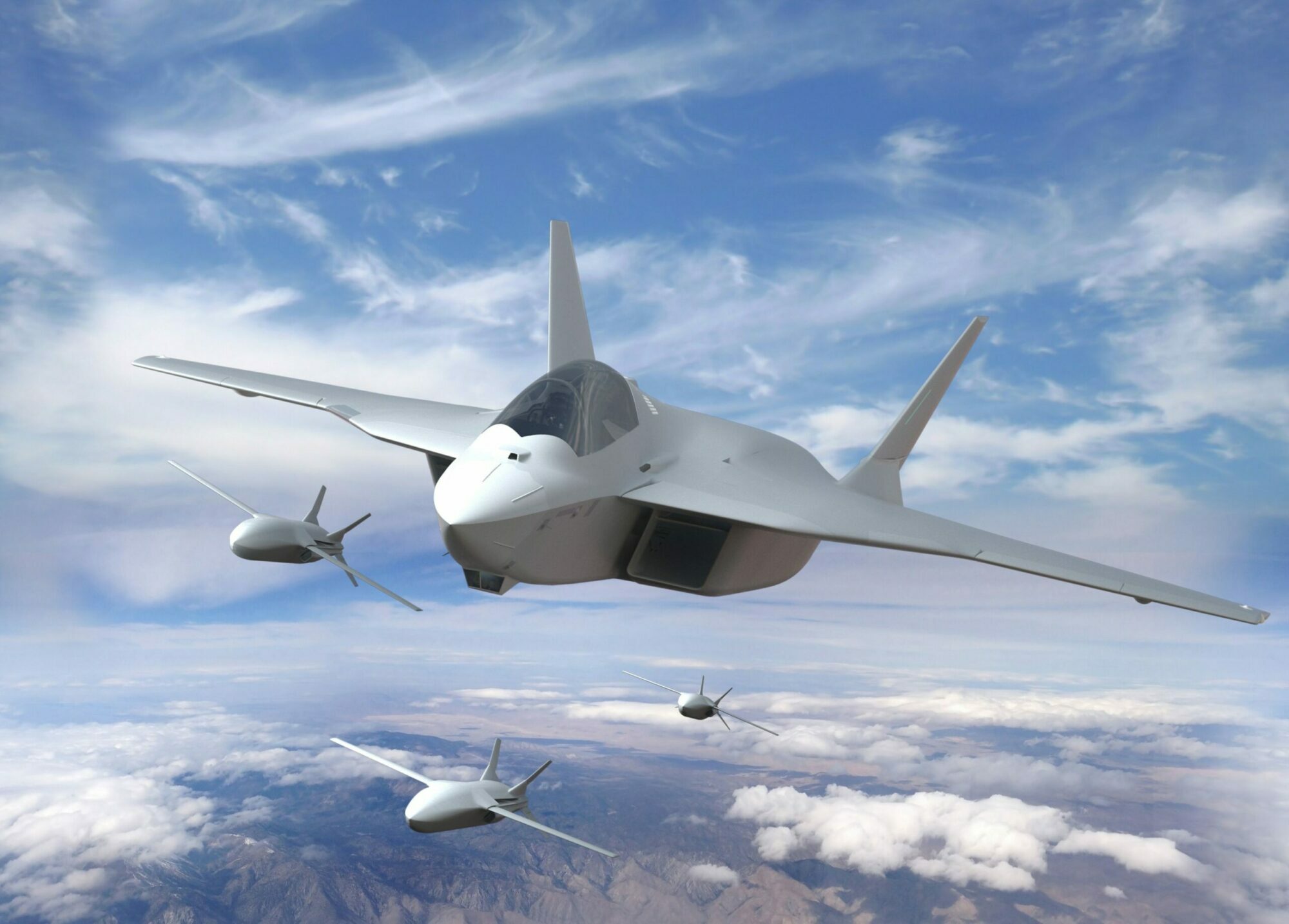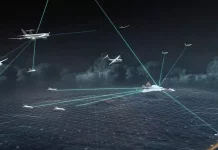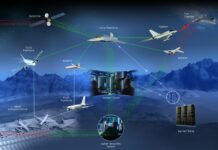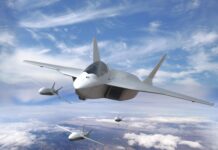New challenges call for new responses. When it comes to the protection of the German and European airspace, a system made up of manned and unmanned flight vehicles – dubbed the Future Combat Air System (FCAS) – is the solution. And the Next-Generation Fighter (NGF) will be an essential part of this. The NGF is expected to enter service by 2040 – powered by an engine that goes far beyond today’s capabilities.
At the end of April, MTU Aero Engines, Safran Aircraft Engines, and ITP Aero came to an overall cooperation agreement to provide a jointly developed, produced and supported engine to power the NGF, which is a core element of FCAS.
The programme took a decisive step forward when MTU Aero Engines and Safran Aircraft Engines created a 50/50 joint company in April. The new entity, called EUMET GmbH (derived from European Military Engine Team), will be based in Munich. The joint venture will be the sole contract partner for the participating nations in the engine programme. ITP will be contracted as a main partner to EUMET. Through ITP’s agreement to join the programme as a main partner, an equal workshare between France, Germany and Spain was made possible. EUMET will be the sole prime contractor among the nations for all engine activities related to the Next-Generation Fighter.
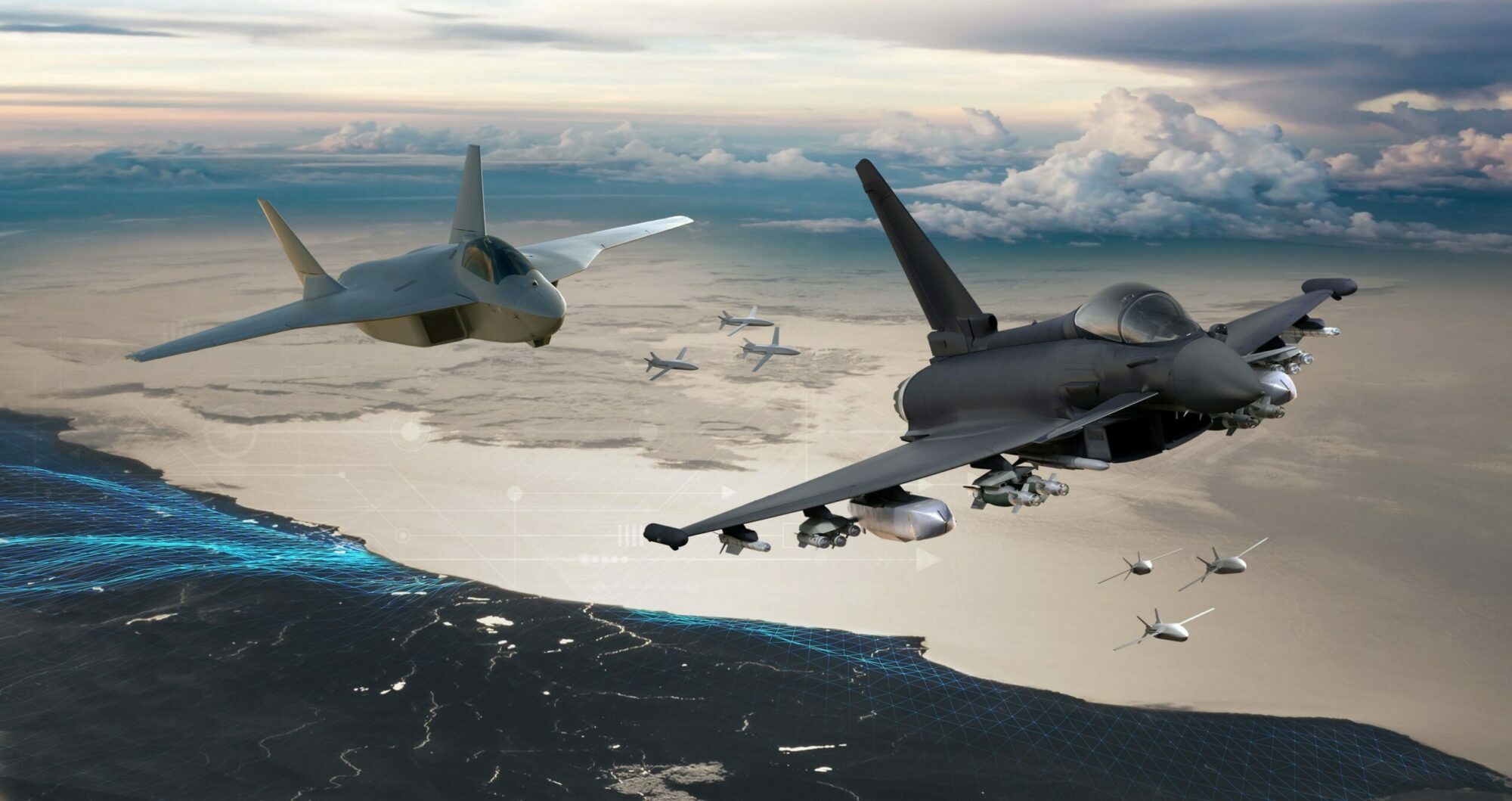
“We have set a reliable and solid framework among the partners for pragmatic and focussed decisions over the entire life-cycle of the engine”, commented Michael Schreyögg, Chief Program Officer of MTU and first Chairman of the EUMET Shareholders’ meeting. “We will now focus on the major next steps: Securing the contract for the demonstrator phase during the next few months and ramping up development activities in line with our highly ambitious 2040 timeline.”
FCAS is a highly strategic programme that will enable Europe to maintain fundamental competencies in military engines, while also strengthening national and European defence capabilities. Through EUMET, the partners will be developing the technology and demonstrators for a best-in-class engine that will meet the evolving needs of European armed forces. Within EUMET, Safran Aircraft Engines will be responsible for the engine’s overall design and integration, while MTU Aero Engines will take the lead regarding engine service activities. ITP Aero will be fully integrated in the design phase of the engine and develop the low-pressure turbine and nozzle, amongst other items. EUMET will oversee the development, production and support of the engine to power the Next-Generation Fighter (NGF).
According to the timetable defined by the national authorities, the next research and technology phase (R&T 1B/2) should pass the national approval processes by the middle of this year in order to move the FCAS programme to the next level.
“Establishing a joint company for this next European fighter engine is a further milestone in the close relationship between our companies, one that has already spanned six decades,” adds Schreyögg. “This opens the next chapter in European aerospace cooperation and mirrors our equitable partnership.”
There is no doubt that MTU is the German partner of choice in this endeavour. The company has the capability to provide any component needed in any phase of the life cycle of an engine – be it development, production or in-service support. This holds true in terms of the technological requirements for the next generation of engines as well as of the organisational prerequisites for an in-service support concept capable of meeting the requirements that might arise 20 years from now.
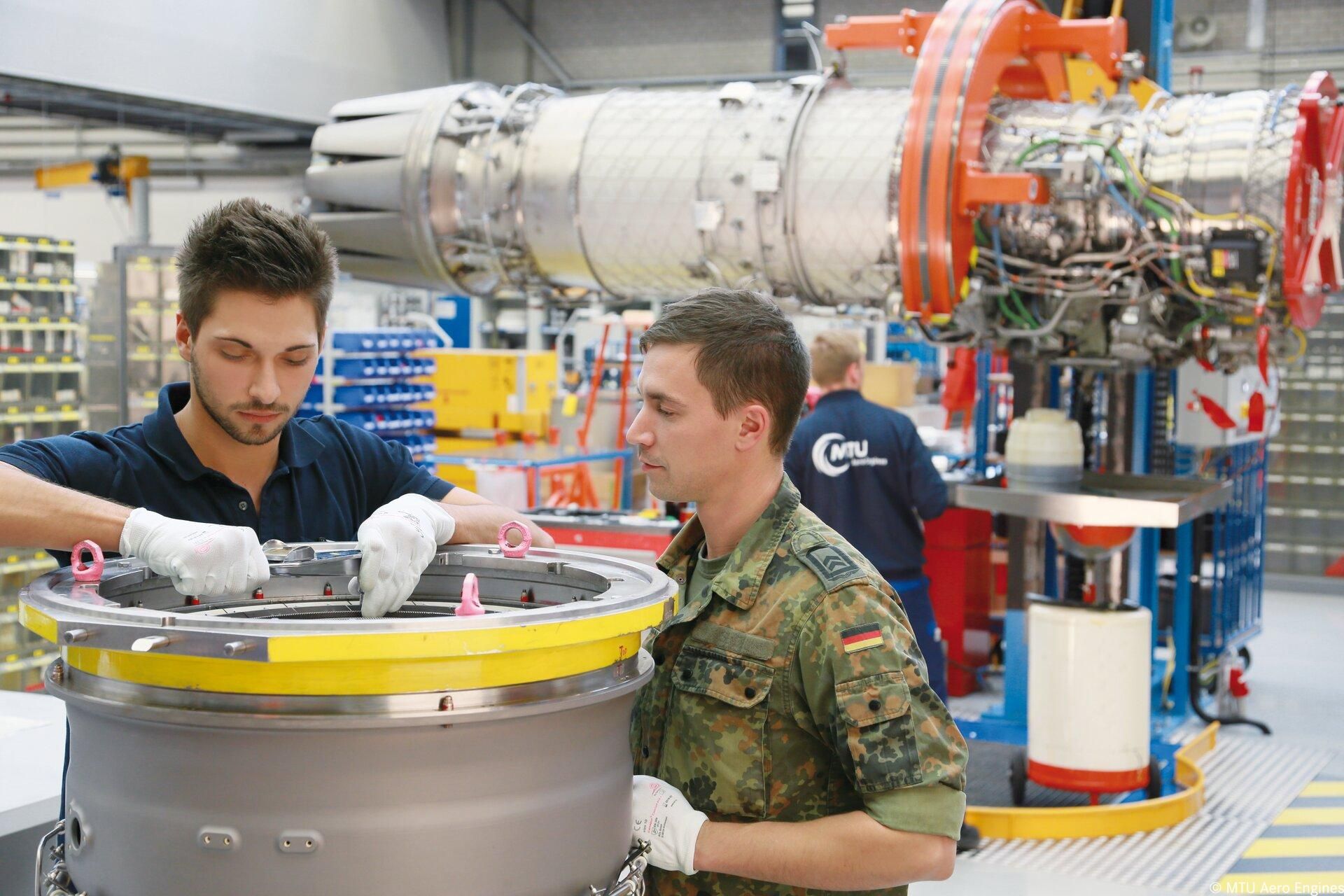
Germany’s leading engine manufacturer is one of the world’s leading development partners and has been actively involved in numerous military engine programmes for decades. The company is an expert in newly developed propulsion systems, such as the T408 for the CH-53K heavy lift helicopter, and has been for long-serving engine types, such as, for instance, the RB199 powering the Tornado and the EJ200 powering the Eurofighter Typhoon. With this background and its know-how, MTU possesses unparalleled expertise to support the development, improvement and success of advanced engine components for military aviation.


